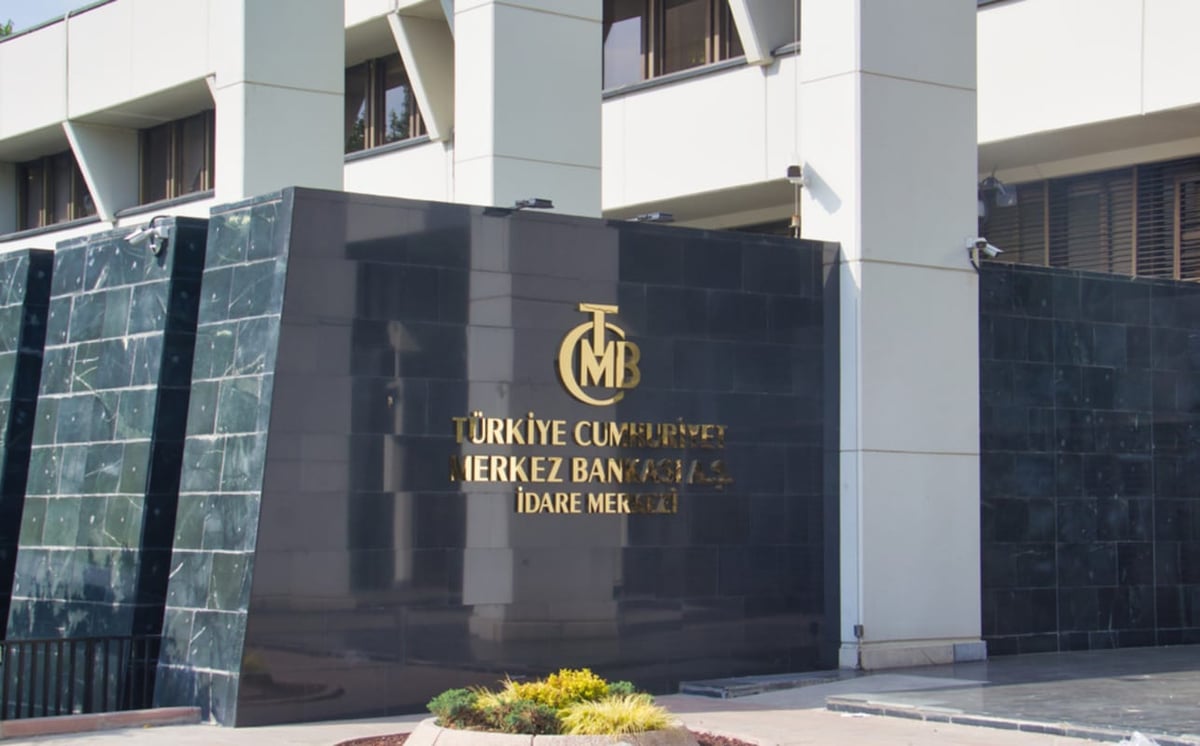As expected, Türkiye’s Central Bank (TCMB) implemented a 500 basis points (five percentage points) increase in its interest rate, bringing it to 35 percent. This marks the third consecutive month of tightening measures as the Central Bank intensifies its efforts to combat inflation.
Read more: Türkiye hikes interest rate to 30 percent, reaching 20-year high
According to a Reuters poll, the majority of economists predicted a rate increase of 500 basis points, with four economists expecting a hike of 250 points and one economist anticipating a hike of 300 points. Since June, interest rates have climbed by 2,650 basis points (equivalent to 26.5 percentage points).
The monetary policy committee of the Bank reiterated its readiness to implement additional interest rate hikes as necessary in order to combat inflation. In September, inflation reached an annual rate of 61.53 percent and is projected to continue rising in the coming year.
After reaching its peak at 85 percent in October of the previous year, the annual official inflation rate surpassed 60 percent once again last month.
Since President Recep Tayyip Erdogan dropped his opposition to the notion that increasing interest rates aids in combating inflation, TCMB has raised interest rates by over four times their previous level.
Following Erdogan’s re-election last May, accompanied by the appointment of a new economic team, Türkiye has embarked on a departure from longstanding unconventional policies. These policies, which resulted in investor flight and currency devaluations, prompted the government to prioritize the restoration of investor confidence and the management of inflation.
Forex
On Thursday, data released showed that the Central Bank of Türkiye witnessed an increase in its net foreign reserves by $479 million, reaching a total of $22.55 billion for the week ending October 20.
During the week ending June 2, reserves dropped to -$5.7 billion, marking the lowest level since the commencement of data publication in 2002. This decline was a result of authorities addressing foreign exchange demand and stabilizing the lira ahead of the elections. However, reserves have since experienced a recovery.
In recent years, the foreign exchange reserves of TCMB have dwindled due to expensive market interventions and other measures aimed at stabilizing demand. However, following the May elections, the Bank ceased utilizing reserves to bolster the lira.
For more news on the economy, click here.








